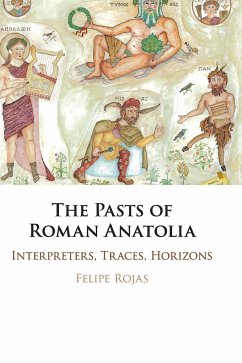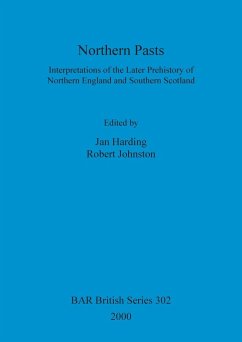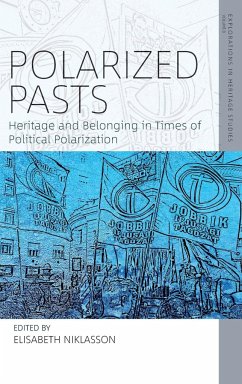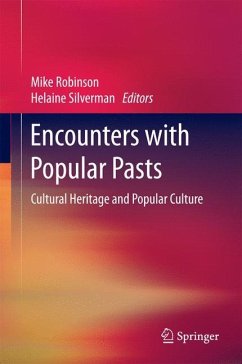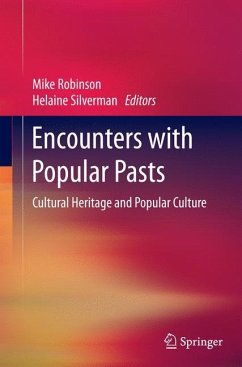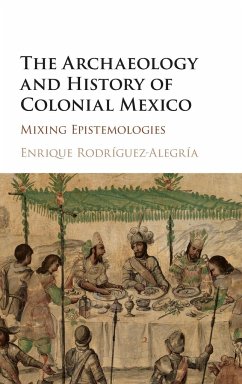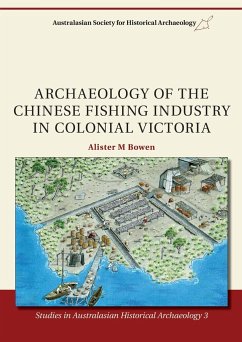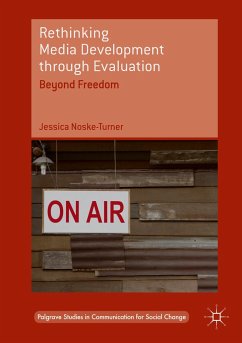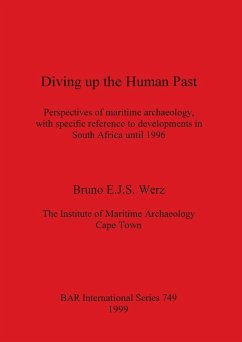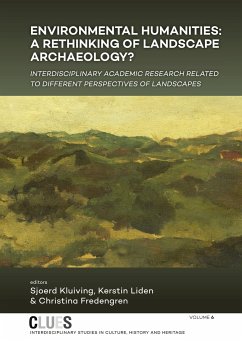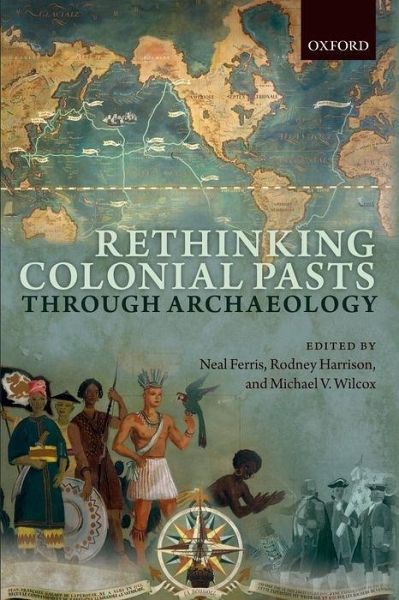
Rethinking Colonial Pasts Through Archaeology
Versandkostenfrei!
Versandfertig in 1-2 Wochen
161,99 €
inkl. MwSt.

PAYBACK Punkte
81 °P sammeln!
Rethinking Colonial Pasts through Archaeology explores the archaeologies of daily living left by the indigenous and other displaced peoples impacted by European colonial expansion over the last 600 years. This new, comparative focus on the archaeology of indigenous and colonized life has emerged from the gap in conceptual frames of reference between the archaeologies of pre-contact indigenous peoples, and the post-contact archaeologies of the global European experience. Case studies from North America, Australia, Africa, the Caribbean, and Ireland significantly revise conventional historical n...
Rethinking Colonial Pasts through Archaeology explores the archaeologies of daily living left by the indigenous and other displaced peoples impacted by European colonial expansion over the last 600 years. This new, comparative focus on the archaeology of indigenous and colonized life has emerged from the gap in conceptual frames of reference between the archaeologies of pre-contact indigenous peoples, and the post-contact archaeologies of the global European experience. Case studies from North America, Australia, Africa, the Caribbean, and Ireland significantly revise conventional historical narratives of those interactions, their presumed impacts, and their ongoing relevance for the material, social, economic, and political lives and identities of contemporary indigenous and other peoples (e.g. metis or mixed ancestry families, and other displaced or colonized communities). The volume provides a synthetic overview of the trends emerging from this research, contextualizing regional studies in relation to the broader theoretical contributions they reveal, demonstrating how this area of study is contributing to an archaeology practiced and interpreted beyond conceptual constraints such as pre versus post contact, indigenous versus European, history versus archaeology, and archaeologist versus descendant. In addition, the work featured here underscores how this revisionist archaeological perspective challenges dominant tropes that persist in the conventional colonial histories of descendant colonial nation states, and contributes to a de-colonizing of that past in the present. The implications this has for archaeological practice, and for the contemporary descendants of colonized peoples, brings a relevance and immediacy to these archaeological studies that resonates with, and problemetizes, contested claims to a global archaeological heritage.



